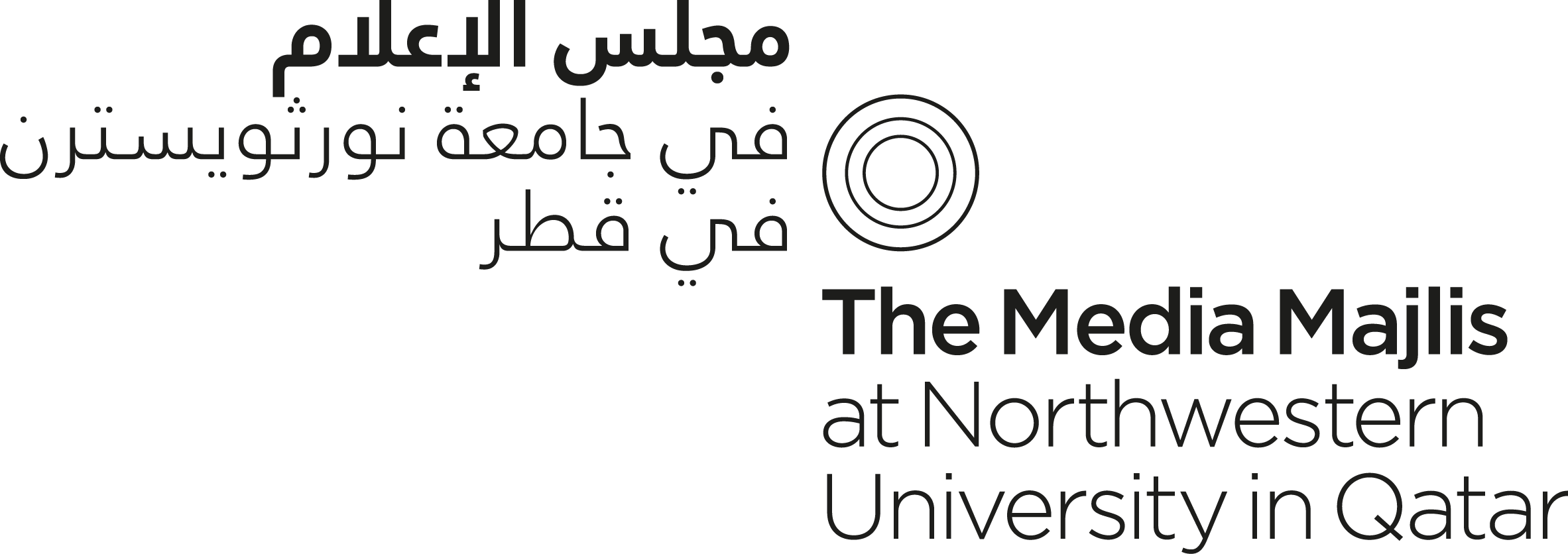
Power of Protest (POP) is an exhibition of creatives speaking from and to the Middle East and North Africa (MENA), exploring the transformative power of media in giving protest form, function and impact. The medium must adapt and change, in order for a message to reach its intended audience—this is where creativity lies. Visionaries have been using media for centuries to amplify the voices of dissent in their communities. The medium may range from traditional print forms such as caricatures or posters, to broadcast media via radio and television, all of which can be mediated by censors. Orality and the spoken word, through poetry or chants, may be the most powerful medium with no mediation between speaker and audience. The internet has undoubtedly revolutionized the parameters for debate and the methods by which people can propose, challenge or affirm new perspectives.
The message may call for greater access, visibility, representation and equality for communities. It may call for a re-drawing of boundaries of ownership and a re-naming of territories and terminologies. In POP discover four discussions about powerful media and consider YOUR relationship to protest.
POP takes up a discussion on dissent that started in spring 2020 when The Media Majlis opened the exhibition From Visionaries to Vloggers: media revolutions in the Middle East. This discussion was paused briefly by the COVID-19 pandemic, when the museum closed its doors in March 2020.
However, the message of dissent was not stopped short. Who could have foreseen how significant protest would become in 2020 on the world’s stage, when the biggest civil rights protests since 1967 took place as a transnational movement against racial injustice? The buildup to summer 2020 was momentous, as many navigated a watershed cultural moment where people considered that accounts of history that they grew up with were not neutral. The year also brought landmark protests against climate change in London, mass civil disobedience in Hong Kong, and marches against police brutality in Nigeria. With many people #stayinghome, much of the dialogue and debate took place online. It is timely that we are taking up our discussion on dissent almost one year on, positioned from our global community in Doha. 2020 may not be a year many remember fondly, but it was an important milestone for communities and museums that are part of them, to honor those who mobilize change through testing the limits of freedom of expression and in doing so, making the future.
From Visionaries to Vloggers: media revolutions in the Middle East was accompanied by an illustrated publication. Part of our Voices and Conversations series this publication features contributions by historians, authors, filmmakers, professors and researchers. Available in Arabic and English in the Northwestern Qatar Bookstore and online.
(184 pages, soft cover; 40 images, full color; QAR 100)




